The risk factors set out below are those which the Board believes are
the most significant to the Group’s business model that could adversely
affect its operations, revenue, profit, cash flow or asset values and
which may prevent the Group from achieving its strategic objectives.
Underlying cause of risk
The Group’s performance is dependent on custom in its venues and level of spend. Younger people drinking less, and macroeconomic factors including recent challenges with energy costs, other inflationary pressures, and low growth, have an impact on consumer confidence and disposable income.
Response and mitigation
There are four mitigating actions to this risk: (i) Ability to tailor offerings in response to macroeconomic influences, including quick adjustments to promotional activity reflective of changes in trends; (ii) Diversification of Group’s proposition in both bars and pubs, with a more affluent demographic targeted; (iii) Impact monitored closely by Board and Management, with bars closed where not hitting minimum profit requirements; and (iv) Restructuring Plan to realign Group portfolio with trends seen in cities and towns
Underlying cause of risk
Climate change and a growing requirement to operate a sustainable business pose a risk to the business’ ability to source appropriate food and drink, as well as cost management. It also has the potential to cause reputational damage with our guests if we don’t act as they expect us to. Increased legislation in Hospitality adds cost pressures at an already difficult time.
Response and mitigation
There are four mitigating actions to this risk: (i) Dedicated management and team members focused on driving sustainability agenda; (ii) Collaborating with Net Zero partners to monitor progress and provide accurate reporting; (iii) Net zero target assessed and approved by the Science Based Targets initiative; and (iv) Compliance team works closely with local licensing agents
Underlying cause of risk
The Group’s long-term strategy is based on growth through the acquisition of new bars and pubs, and sales generation from refurbishments. There is a risk that should these not happen, like-for-like sales will not grow, the business will not remain relevant, and overall sales growth will not occur.
Response and mitigation
There are four mitigating actions to this risk: (i) The property team and agents have sufficient resources to ensure the investigation of new site opportunities; (ii) 5/6-year investment cycle; (iii) Refurbished sites have proven track record of improvement in sales; and (iv) Operational management focus on economically significant bars and pubs.
Underlying cause of risk
The drinks distribution market is dominated by one significant business, Matthew Clark, which is the Group’s principal supplier as it operates nationwide. If Matthew Clark were to face further business difficulties, alter pricing or face more cyber-attacks, it could disrupt the Group’s operations.
Response and mitigation
There are two mitigating actions to this risk: (i) Product offerings can be easily adapted and switched to alternative suppliers and ingredients; and (ii) The proposed strategy regarding Matthew Clark is to tolerate the risk based on the Group’s assessment that they are the best supplier and a three-year deal is in place to September 2024
Underlying cause of risk
In an increasingly digital world, guests are more likely to express dissatisfaction on social media rather than alerting a member of staff, which can have reputational impacts, as well as increased risk of cyber-attacks on the business.
There is a growing trend for consumer-led digital campaigns against sectors or brands that they believe require change.
Response and mitigation
There are four mitigating actions to this risk: (i) Increased focus on guest experience and feedback; (ii) Community management team to monitor and respond across our social channels; (iii) Crisis PR agency to support in any high-risk issues that may occur; and (iv) Careful IT management of cyber-attack developments
Underlying cause of risk
The Group’s bars are open to the public and the Group has a duty of care to look after its colleagues and its guests. Allergens are a heightened risk for our guest base, and thus the Group must ensure strict guidelines are adhered to in order to ensure the safety of guests. The physical safety of our guests is paramount, and our bar and operational teams are trained in managing guest safety.
Response and mitigation
There are three mitigating actions to this risk: (i) The Group’s policies and procedures manual covers all aspects of operations, as well as detailed ongoing training for all staff; (ii)Adherence to these is strictly enforced both through internal operational line management and through external third-party audits; and (iii) Incidents are thoroughly investigated, and any lessons learned communicated throughout the business.
Underlying cause of risk
A significant proportion of bar and pub-based teams are affected, directly or indirectly, by wage legislation and the national minimum living wage. Recent years have seen rises above inflation imposed on the business, with the added pressure of the cost-of-living crisis on our colleagues.
Response and mitigation
There are three mitigating actions to this risk: (i) Technology is utilised to deploy our people more effectively and to streamline processes that will help mitigate wage increases; (ii) Increase in sales price of goods may be required to counter the growing costs; and (iii) In FY22 we became, and remain, an above-minimum wage employer to ensure retention of our best people.
Underlying cause of risk
NatWest provides funding to the Group by way of a Revolving Credit Facility. As interest rates increase this has the potential to put increased pressure on the Group’s banking facilities.
Response and mitigation
There are three mitigating actions to this risk: (i) The difficult economic landscape may result in further increases to this risk; (ii) The Group manages costs and has several options to manage cash to ensure compliance; and (iii) Active management of facility to protect from rising interest rates

